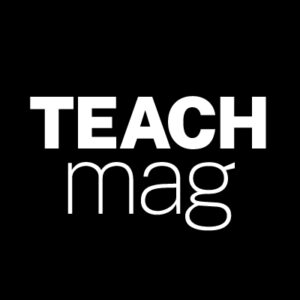Originally published in TEACH Magazine, March/April 2019 Issue
April 22 is Earth Day, which may be a good time to tackle some environmental issues in the classroom, for example: recycling. A great way to start is by showing students that recycling is much more than sorting paper, plastic, metal, or glass. Instead, it’s a complex process that involves city management and every citizen in their home, school, and place of work. Here are some websites and resources to help you and your students learn more about recycling.
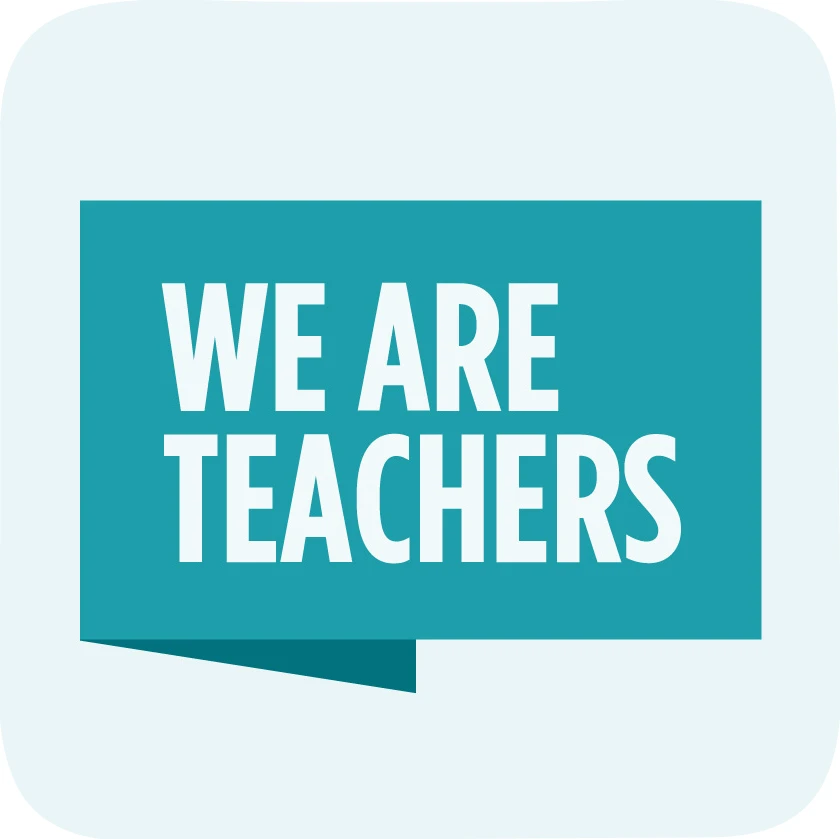
50 Fun Earth Day Crafts and Activities
(Free – Website)
This post from We Are Teachers shares 50 unique crafts using upcycled materials. Find pictures and videos on how to make beautiful crafts such as a hanging garden or flower art. Students will also learn how to make their own games like portable tic-tac-toe, and decorative items, such as a wind chime.
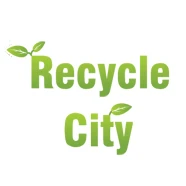
Recycle City
(Free – Website)
From the U.S. Environmental Protection Agency, this website features a fun way to learn about the recycling process in a city. Students are able to explore Recycle City and its different neighbourhoods and buildings, as well as play games like Recycle City Challenge and Dumptown Game. Teachers can find a good source of recycling exercises in the Trash and Climate Change Activity Book, available as a PDF.
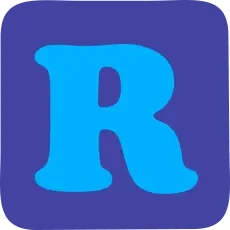
Recycling Truck
(Paid – iOS)
This app for young students is a great way to discover the sights and sounds of a typical neighbourhood on recycling day. Users will follow a recycling truck as it drives through the streets. They can help the driver pick up the recycling cans and unload the truck at the Recycling Sorting Center, where they sort materials by either paper, glass, metal, or plastic. Children can also tap on people, animals, or objects in the city to play a sound or perform actions.
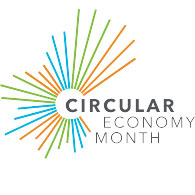
Waste Reduction Week in Canada
(Free – Website)
The Waste Reduction Week (WRW) campaign, which has been recognized every year since 2001, has now expanded into a month-long event called Circular Economy Month. On the new website, you’ll find a variety of resources for teacher and students, including interactive flashcards. Be sure to also check out the WRW school resource kit, which contains a waste assessment guide, a list of fun WRW activities, and more.
TEACH is the largest national education publication in Canada. We support good teachers and teaching and believe in innovation in education.


